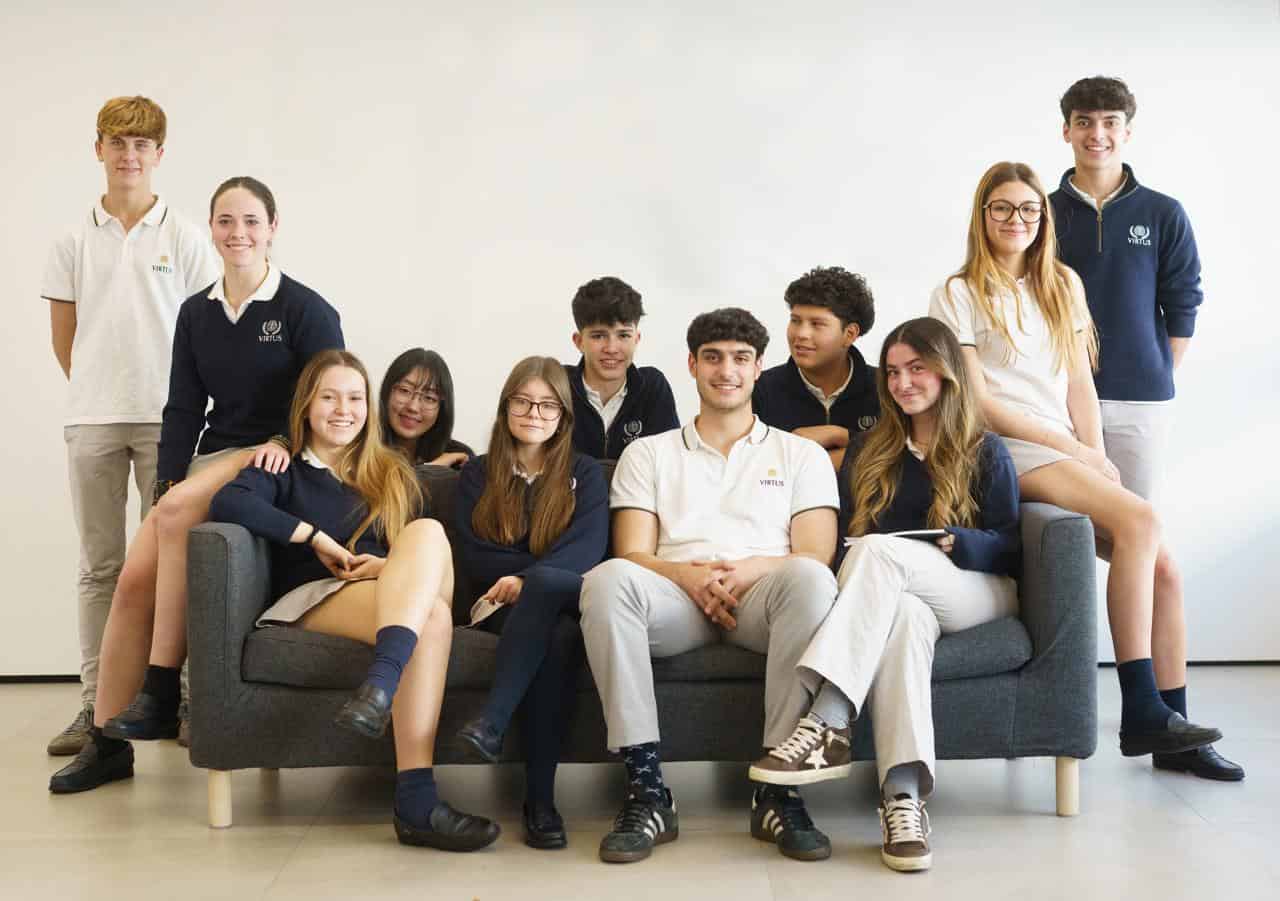Education is subject to constant changes due to global advancement. Society, technology, methodologies… all aspects surrounding learning are progressing. Today, education demands personalised attention, but how can personalised learning be achieved?
The personalisation of learning focuses on the individual and their academic as well as personal needs. This is not an easy task for teachers, which is why they need to be trained or have received such education during their academic period.
By having experienced personalised education themselves, teachers are familiar with all the necessary aspects to provide individualised teaching. Therefore, teachers must also be aware of each student’s main goals and inclinations to achieve adaptive learning.
This needs to be regularly reviewed, so it is advisable for teachers to track the student’s academic knowledge and corresponding personal development.
What is personalised education?
Education has shifted from merely transmitting content based on the established curriculum to becoming a more student-centred approach.
What teaching demands today are student-centred schools that not only provide knowledge but also equip students with useful and necessary skills for their present and future lives as individuals.
This idea, although innovative, was already present in the mind of one of the earliest philosophers of education: Rousseau. The philosopher reflected in one of his works the idea of the student as the focal point of any educational model.
According to Rousseau, teachers should not simply present the content, but should be responsible for creating learning contexts that guide the student to discover that content for themselves.
What are the main characteristics of personalised education?
In order to implement personalised teaching, it must meet certain characteristics:
- The involvement of all parties involved in education: school, teachers, parents, and students.
- Communication with students and families to understand their needs and integrate them into the curriculum.
- Staying continuously informed and updated about the learning process.
- Teachers who are willing to listen, understand, and support students.
- Regular tracking and adjustment of goals, techniques, and strategies.
- Instilling confidence and trust in students so they feel free to express themselves.
- The use of educational technology tools to enhance learning.
- Promoting activities outside the curriculum to complement the student’s development.
How to achieve personalised learning?
Personalised education can be implemented through projects that offer experience, teamwork, flipped learning, metacognition, and communication.
Project-based learning
In project-based learning, students take an active role in the learning process. Although always guided and supported by the teacher, they are responsible for organising the project, researching, and reflecting on a specific topic.
Additionally, student independence and autonomy are encouraged, enabling them to acquire new knowledge and skills. Learning by doing increases the use of theory, as it is put into practice, and all acquired knowledge is applied.
Thanks to experiential learning, the academic curriculum is combined with other activities that contribute to student development.
Students are able to apply what they have learned and are prepared for their future through physical exercise, real-world experiences, community service that instils values, or workshops where they learn to manage their emotions, for example.
Flipped learning and teamwork
The student’s work is essential for achieving both academic and personal enrichment.
Through flipped learning, students have the opportunity to participate actively in class, allowing them to listen to one another and learn not only from the teacher but also from their peers.
As this technique involves studying the content outside the classroom, flipped learning enables class time to be used for activities that put what has been learned into practice. In this way, the teacher takes on the role of a guide rather than simply transmitting information.
This is why teamwork plays an important role in personalised education, as students can contribute information to the class, learn to support their ideas, and respect others.
Metacognition
A very challenging aspect to implement in personalised education is metacognition.
John H. Flavell, a developmental psychologist, describes metacognition as “the knowledge one has about their own cognitive processes,” meaning learning how to learn and understanding how to acquire knowledge.
In this case, we are referring to skills such as concentration, organisation, reflection, and attention, all of which are directly involved in the learning process.
Communication
The role of the teacher is essential when we talk about education. What good is a guide if they don’t know where to go?
Teachers should hold individual sessions where students can discuss their needs, interests, and gaps in knowledge. This way, teachers know how and where to guide each student.
Likewise, conducting regular check-ins is crucial for the student’s proper development, as it is often necessary to add information, replace habits, or correct techniques.
Personalised teaching is gradually ceasing to be a utopia.
More and more schools are joining this trend demanded by education, but knowing how to implement it is key.
It is essential to have professionals who understand how to successfully deliver individualised learning and the necessary resources.
At Virtus College, we manage to provide this personalised education thanks to the small groups we create, with a maximum of 9 students, and the professionalism of the teachers we work with.
Individualised attention through the Mentoring Programme, the development of flipped learning, and the continuous communication between students, teachers, and the rest of the educational team at our British college are the key components that make personalised education possible at Virtus College.

